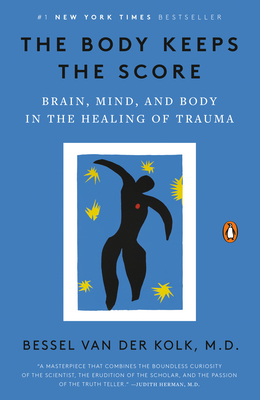
A Practical Guide to Complex PTSD: Compassionate Strategies to Begin Healing from Childhood Trauma
Description
Reclaim yourself from childhood trauma—evidence-based strategies for healing complex PTSD
Repetitive trauma during childhood can impact your emotional development, creating a ripple effect that carries into adulthood. Complex post-traumatic stress disorder (C-PTSD) is a physical and psychological response to these repeated traumatic events. A Practical Guide to Complex PTSD contains research-based strategies, tools, and support for individuals working to heal from their childhood trauma. You don't have to be a prisoner of your past.
Learn the skills necessary to improve your physical and mental health with practical strategies taken from the most effective therapeutic methods, including cognitive behavioral therapy (CBT), dialectical behavioral therapy (DBT), eye movement desensitization and reprocessing (EMDR), and somatic psychology. When appropriately addressed, the wounds of your past no longer need to interfere with your ability to live a meaningful and satisfying life.
This book includes:
- Understand C-PTSD—Get an in-depth explanation of complex PTSD, including its symptoms, its treatment through various therapies, and more.
- Address the symptoms—Discover evidence-based strategies for healing the symptoms of complex PTSD, like avoidance, depression, emotional dysregulation, and hopelessness.
- Real stories—Relate to others' experiences with complex PTSD with multiple real-life examples included in each chapter.
Start letting go of the pain from your past—A Practical Guide to Complex PTSD can help show you how.
Praise for A Practical Guide to Complex PTSD: Compassionate Strategies to Begin Healing from Childhood Trauma
“Schwartz’s clear, gentle, trauma-informed guide provides detailed instructions, examples, and exercises on how to begin to heal chronic physical and mental health conditions. Schwartz normalizes complex PTSD symptoms and emphasizes why it’s not your fault. An encouraging, empowering set of how-tos that will change lives for those struggling with symptoms as well as for their therapists and other health care professionals.” —Veronique Mead, MD, MA, Somatic Trauma Therapist, Founder, Chronic Illness Trauma Studies
“Dr. Arielle Schwartz has created a profound resource for healing from complex trauma. With compassion, care, and wisdom, Dr. Schwartz guides the reader to both understand how their psyche and body has been affected by trauma, and also how to gently move toward growth. A Practical Guide to Complex PTSD is an extraordinary addition to anyone's healing toolbox. I highly recommend this important book.” —Andrea M. Kolber, MA, LPC, NCC
“A Practical Guide to Complex PTSD provides effective strategies to attend to the painful wounds of the past so we can live more fully in the present. Using real and relatable examples from her psychotherapy practice, Arielle Schwartz takes an in-depth and compassionate look at C-PTSD and helps readers make sense of their symptoms and the modalities used to treat them. I will recommend this book to my clients for support in between therapy sessions.” —Bree Bonchay, LCSW
“Rarely does a book address the origins, symptoms, and interventions for PTSD with both brevity and empirical depth, but A Practical Guide to Complex PTSD manages this feat. I heartily recommend this clinical resource to anyone practicing psychotherapy or who has symptoms of unresolved trauma.” —Jeremy Fox, LPC, EMDR International Association Consultant















